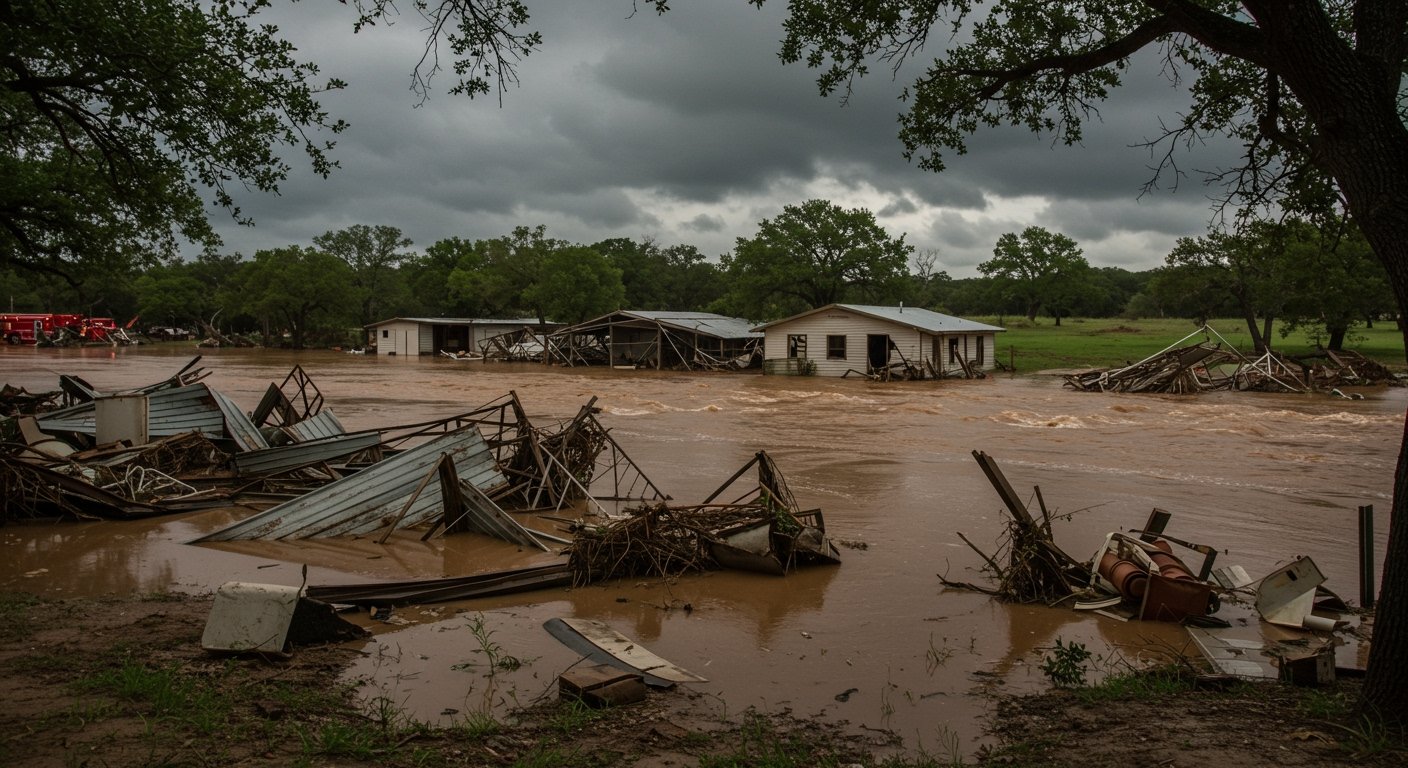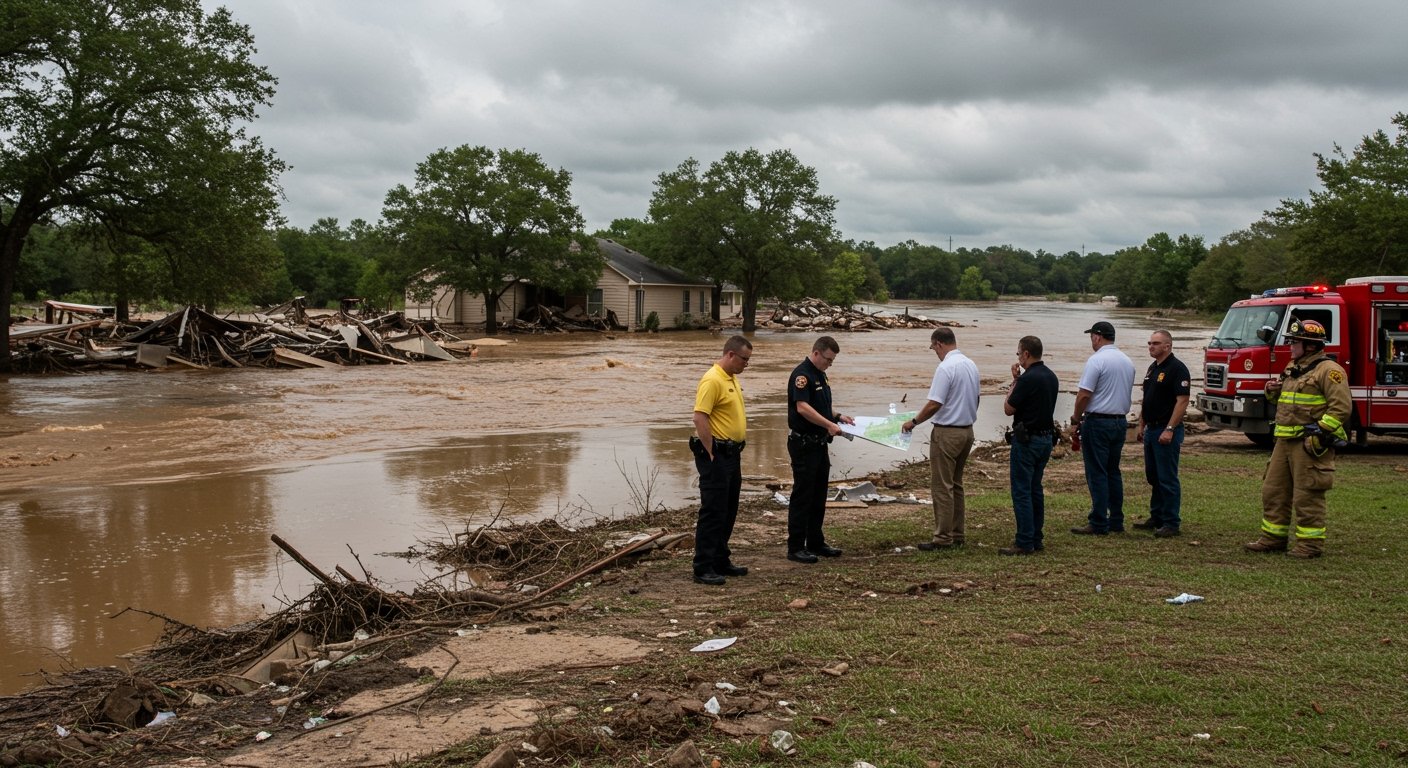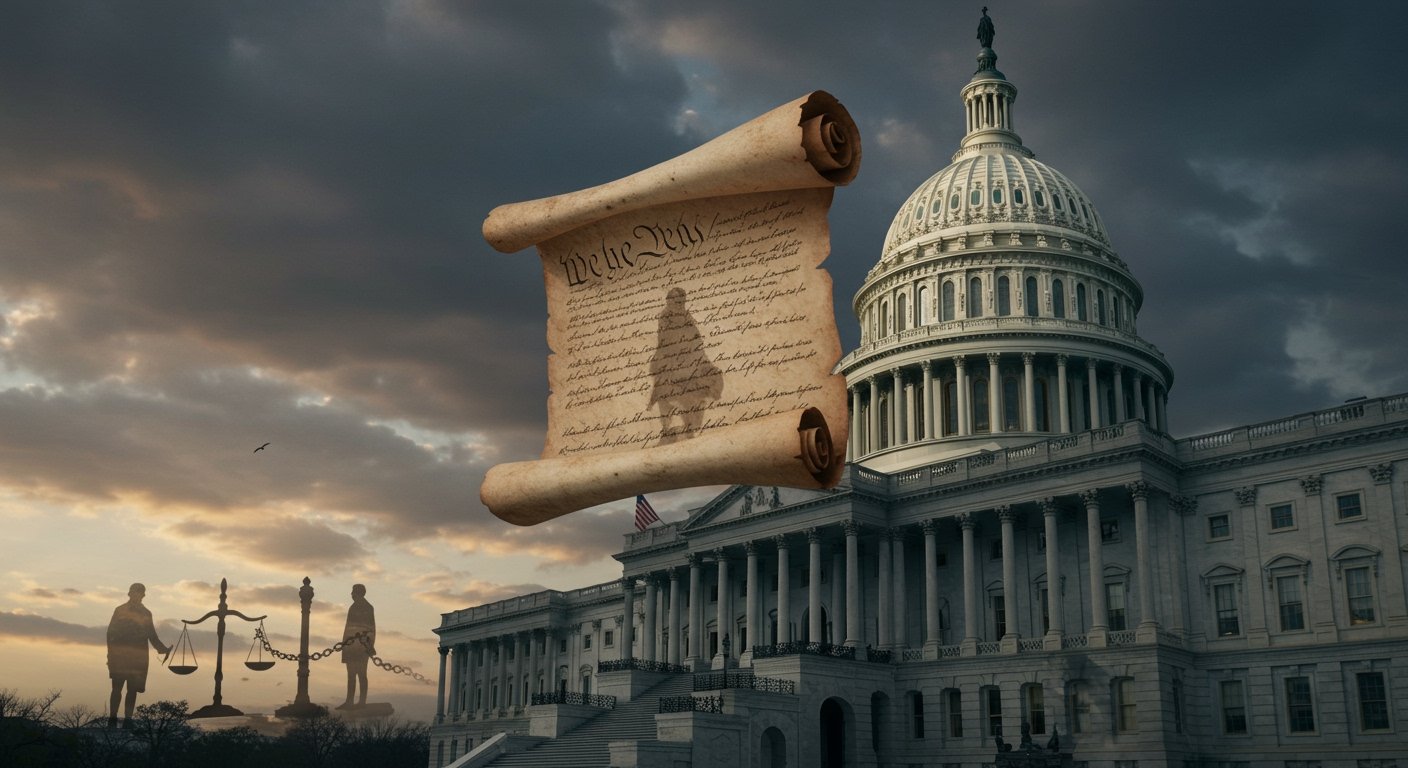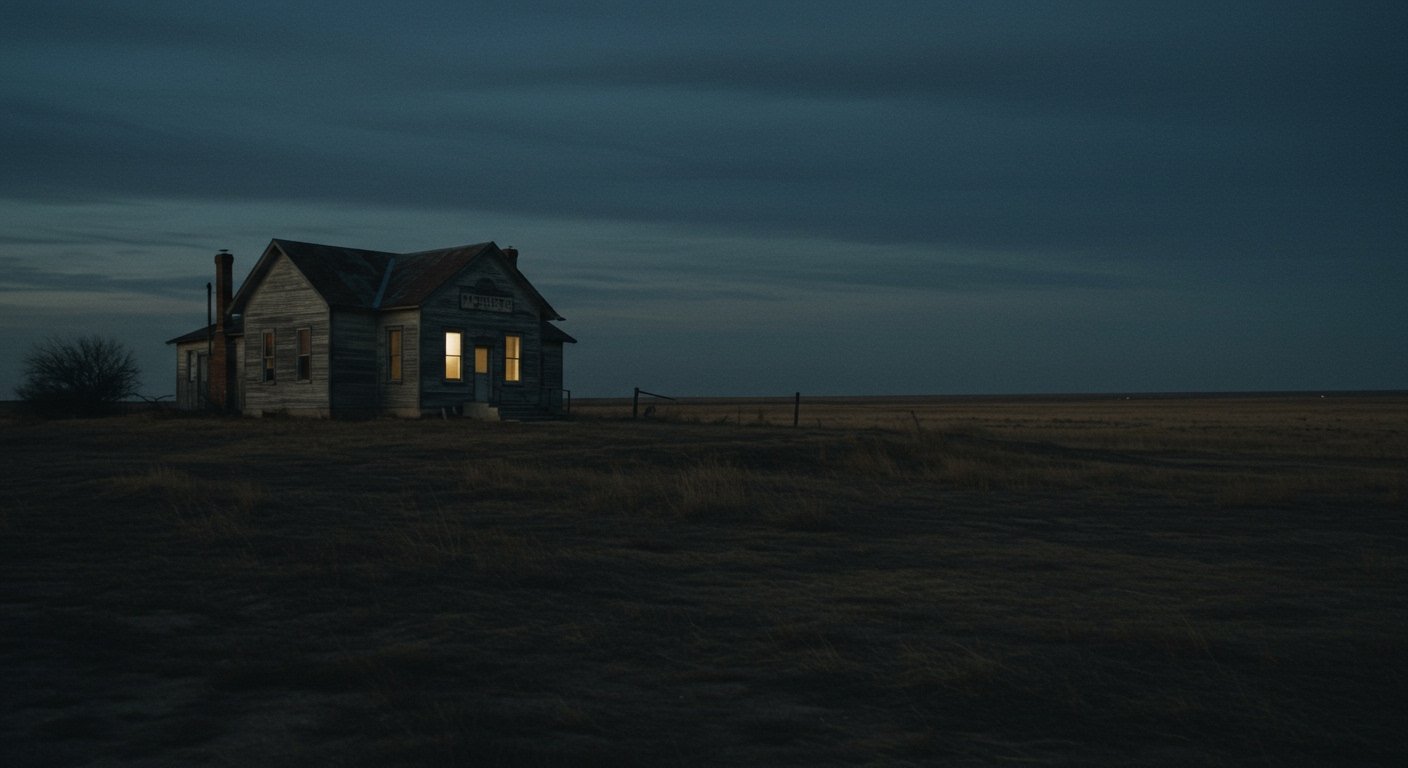A recent editorial from the Houston Chronicle has amplified calls for the Texas Legislature to conduct a thorough investigation into the deadly Fourth of July floods that devastated parts of the Hill Country. The powerful natural disaster resulted in significant loss of life and widespread destruction, prompting questions about preventative measures and future preparedness.
Governor Greg Abbott has convened a special session of the legislature, scheduled to commence on July 21st. While the agenda for such sessions is determined by the governor, the Houston Chronicle’s editorial board argues forcefully that the Hill Country tragedy warrants a dedicated focus within this legislative period.
The Editorial’s Demand for Action
The core of the editorial’s argument centers on the state legislature’s inherent authority and responsibility in the face of such a crisis. The editorial board acknowledges that the specific measures that could have definitively prevented the loss of life in the Fourth of July floods are not yet entirely clear. The unpredictable and rapid nature of flash floods in topographical regions like the Hill Country presents unique challenges. However, they contend that this uncertainty does not absolve the state’s primary lawmaking body of its duty to act.
Instead, the editorial board insists that the legislature is uniquely empowered to initiate a comprehensive investigation into the circumstances surrounding the disaster. Such an investigation could explore a range of factors, including existing infrastructure resilience, land-use planning in flood-prone areas, efficacy of early warning systems, and the effectiveness of emergency response protocols during the critical hours of the event.
Flood Response on the Agenda
Significantly, Governor Abbott has included “flood response” as an item on the official agenda for the upcoming special session. This inclusion signals that the state government recognizes the urgency of addressing flooding issues in the wake of the Hill Country disaster and other recent weather events across Texas. The Houston Chronicle editorial posits that this provides a crucial opening for the legislature to delve specifically into the Fourth of July tragedy and its implications.
The editorial board’s perspective is that merely listing flood response on the agenda is a necessary first step, but the depth and focus of the legislative action are paramount. They advocate for the session to go beyond general discussions and commit to a targeted probe into the Hill Country events with the explicit goal of informing future policy and action.
Legislative Authority and Implementation
A key point raised by the editorial is the legislature’s power not only to investigate but also to implement necessary actions derived from its findings. An investigation, by its nature, seeks to understand causes, identify failures, and uncover areas for improvement. The state legislature holds the power to translate these findings into tangible outcomes, whether through allocating specific funding for infrastructure projects, amending building codes or land development regulations in vulnerable areas, or enhancing state-level disaster preparedness and response frameworks.
The editorial board underscores that while the specific solutions might not be immediately obvious, a dedicated legislative inquiry is the proper mechanism to identify them. It allows for testimony from experts, affected residents, emergency responders, and relevant state and local agencies. This comprehensive approach is deemed essential for developing effective, long-term strategies to mitigate risks and protect Texans from future flooding disasters.
The Path Forward in the Special Session
With the special session set to convene on July 21st, the spotlight will be on how the legislature addresses the flood response item. The Houston Chronicle editorial serves as a prominent voice urging lawmakers to seize this opportunity to conduct a rigorous examination of the Hill Country tragedy. The editorial board’s call is clear: the deadly floods demand a place at the forefront of the legislative agenda, driving a focused investigation aimed at implementing measures that could prevent similar devastation in the future.
The coming days in Austin will reveal whether the legislature embraces this specific call for a deep dive into the Fourth of July events, translating the inclusion of “flood response” on the agenda into a meaningful and impactful legislative inquiry focused on the lessons learned from the tragic Hill Country floods.






